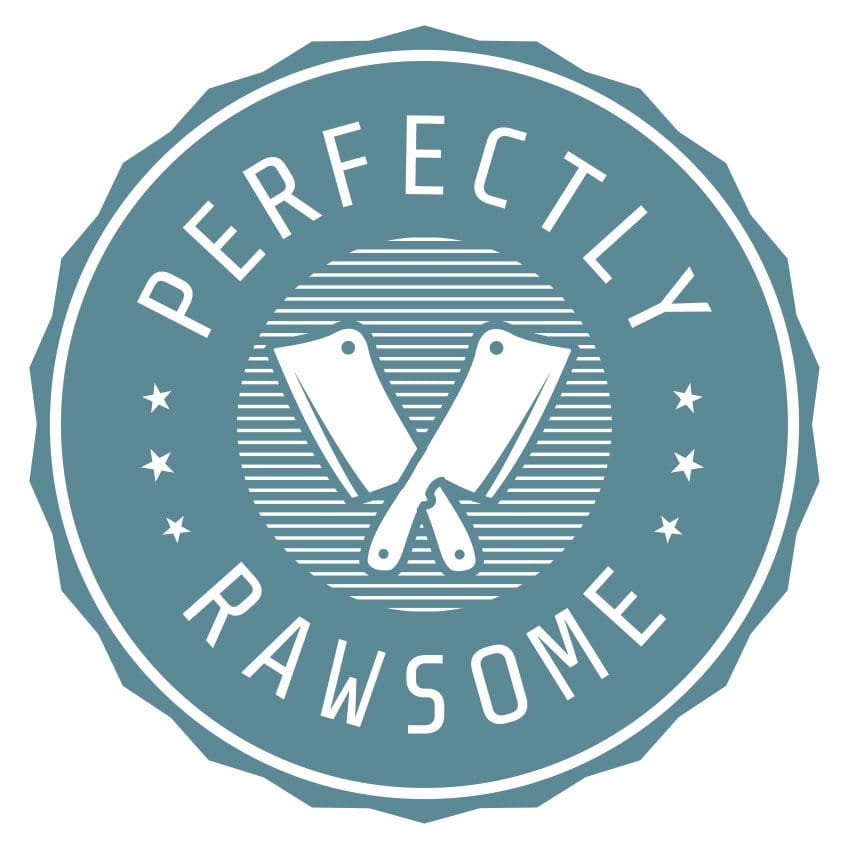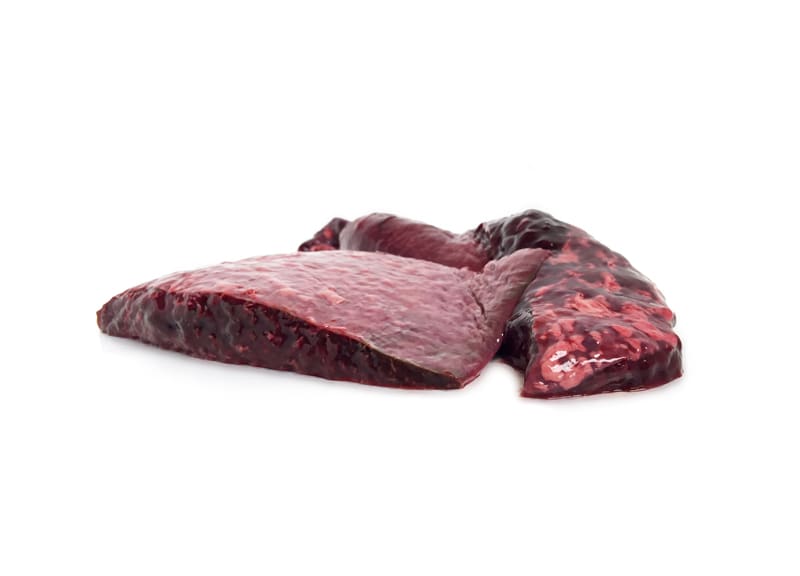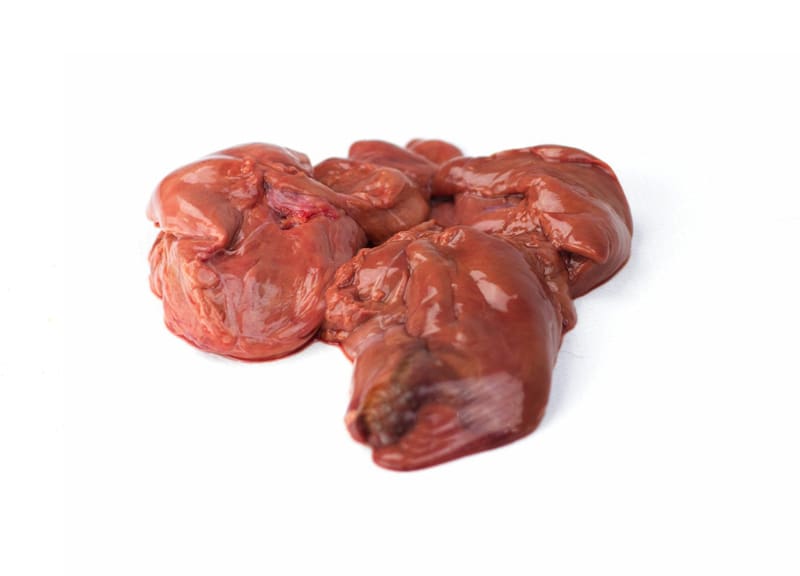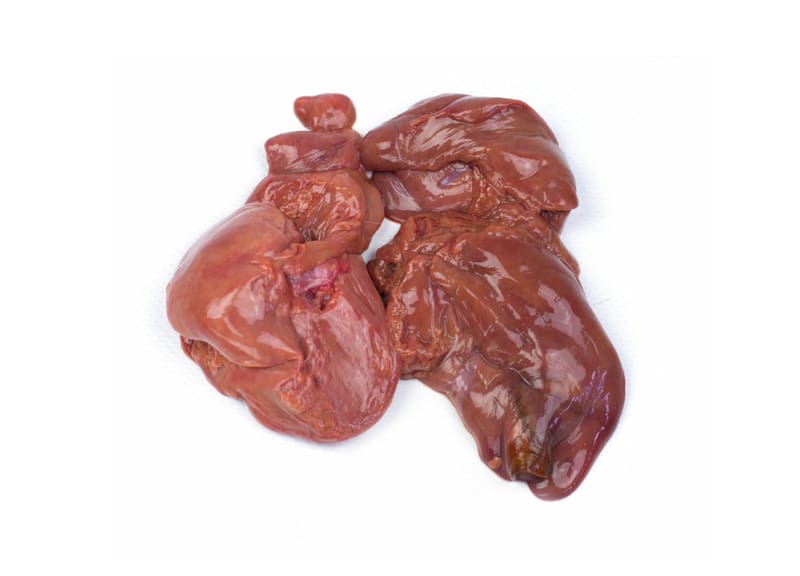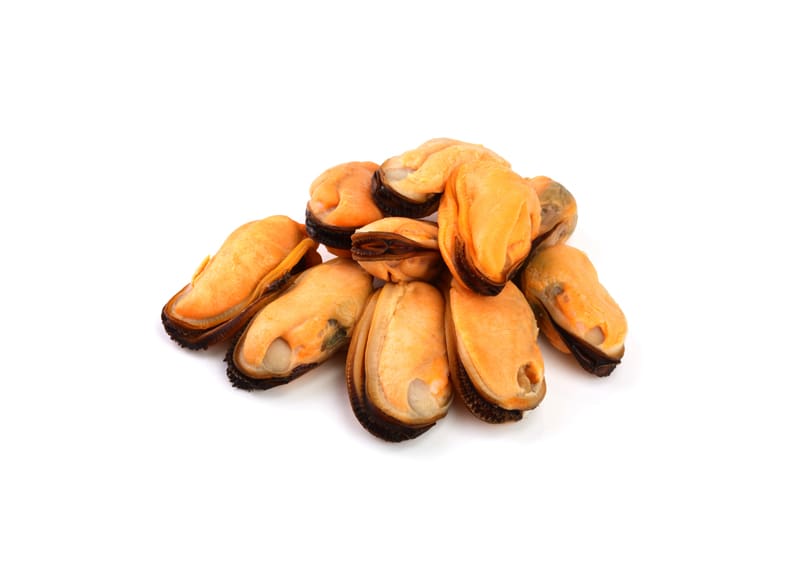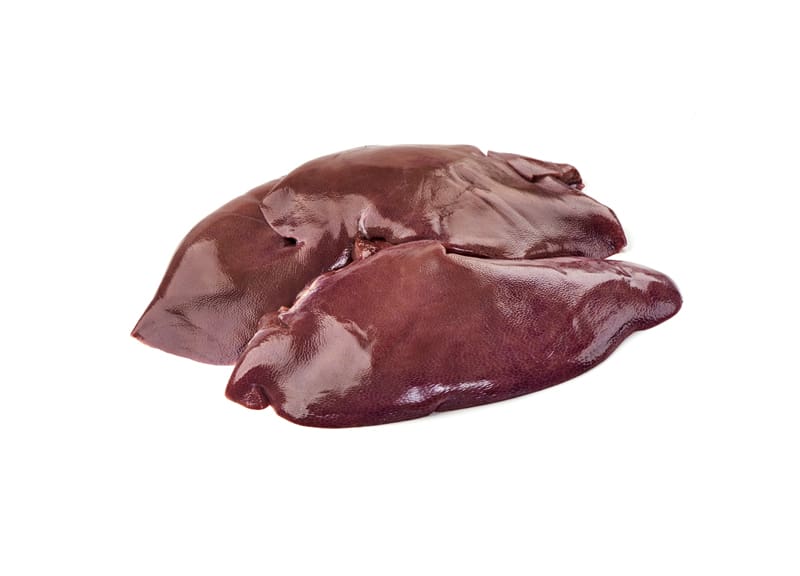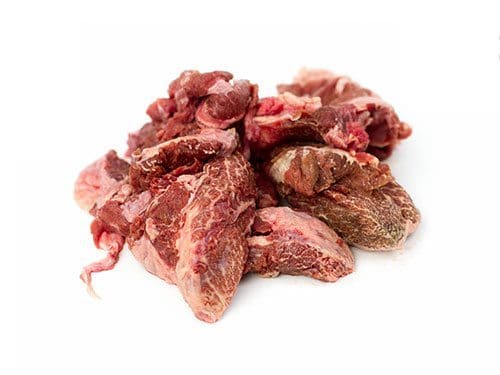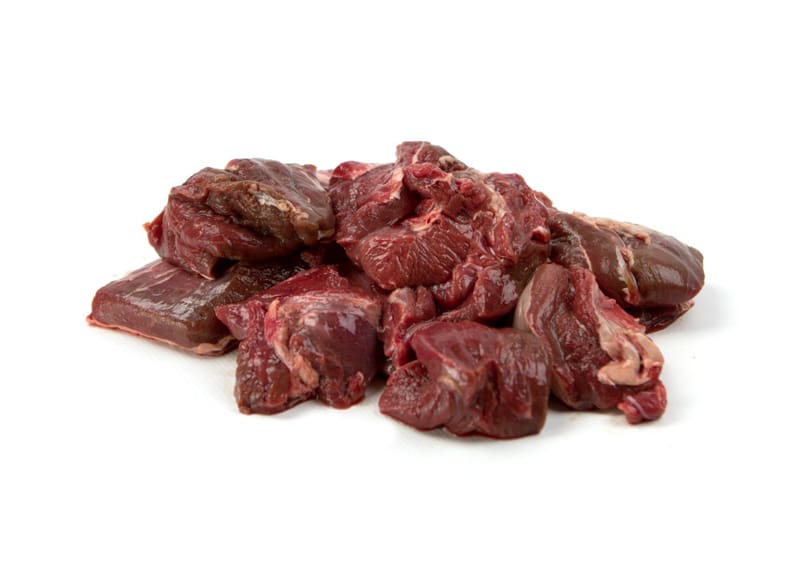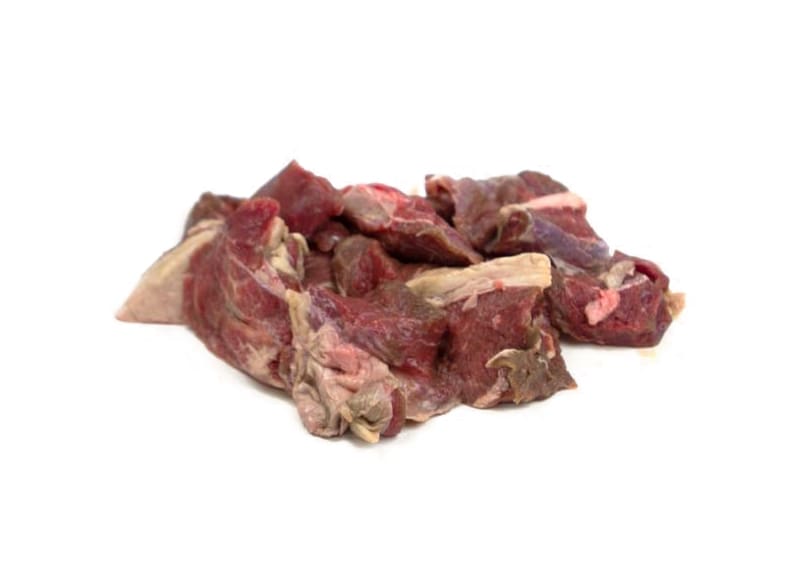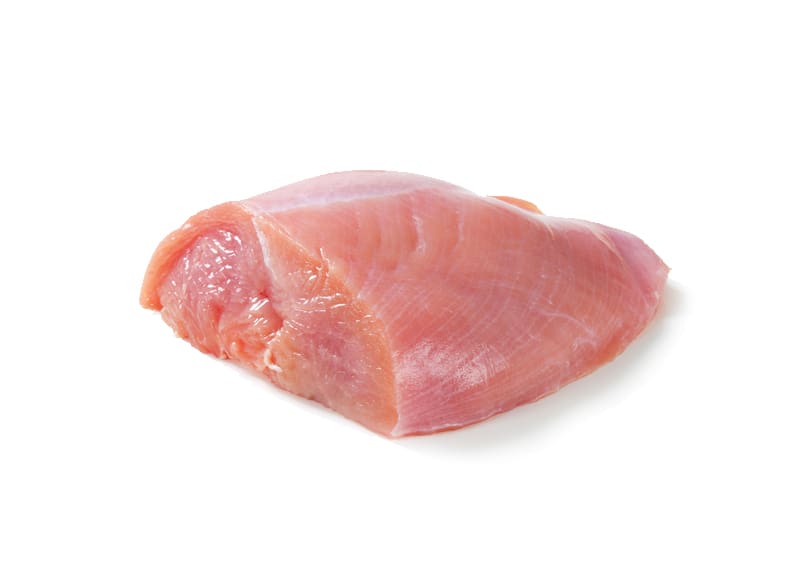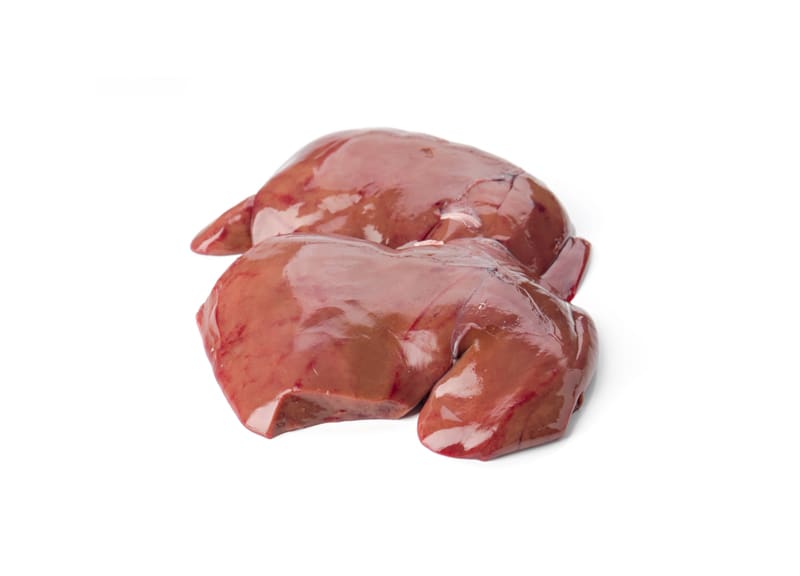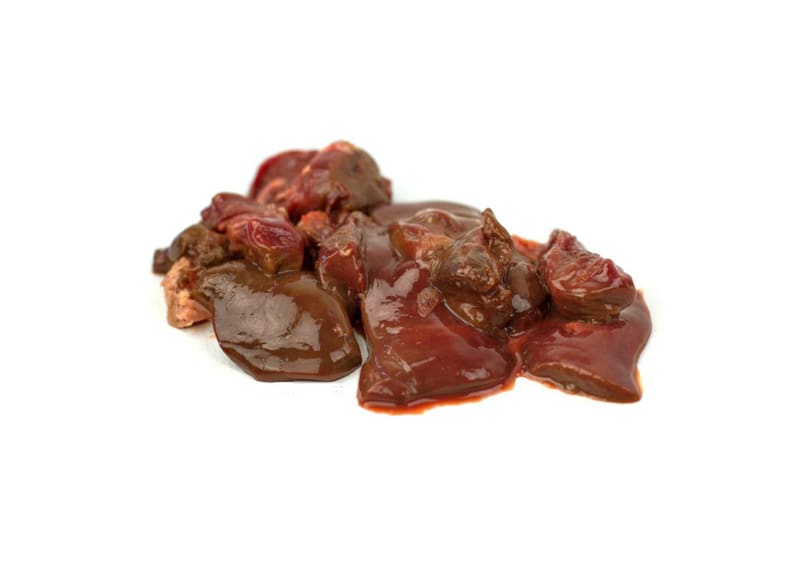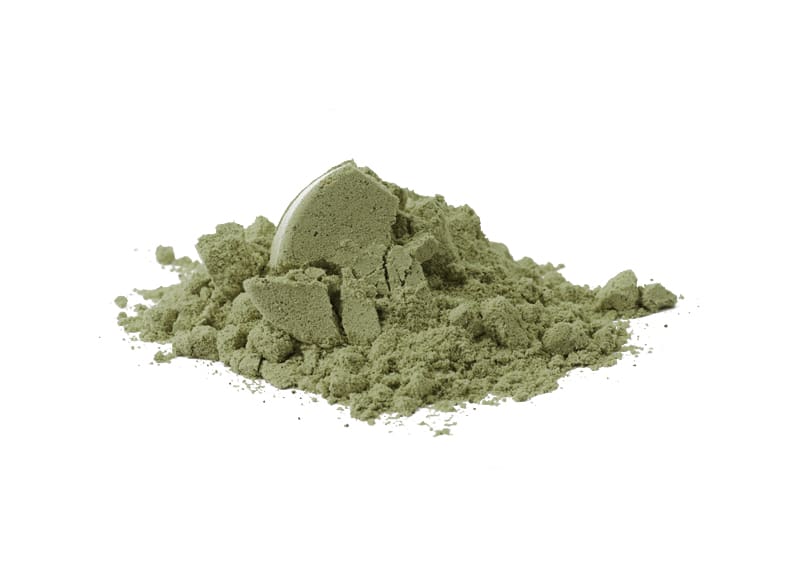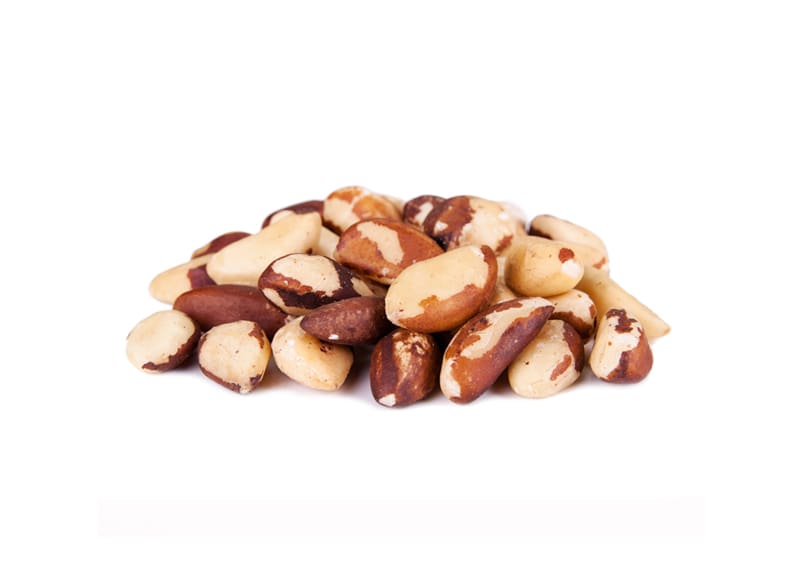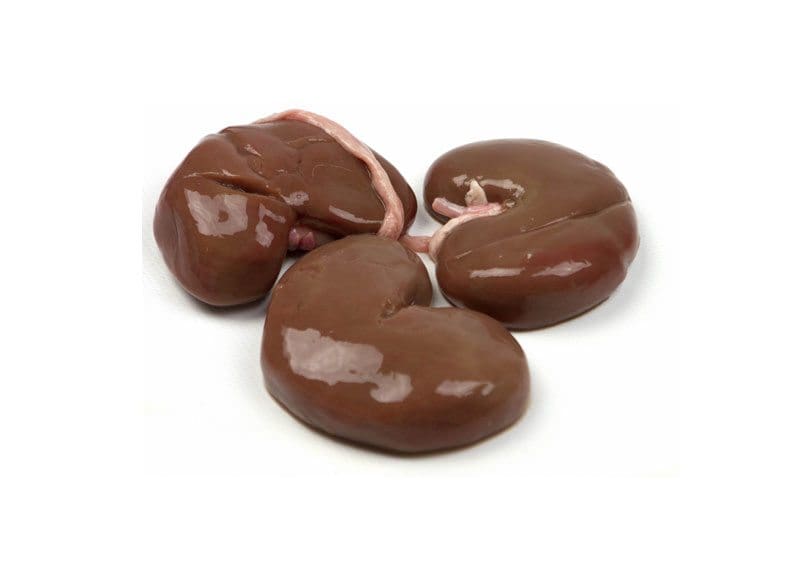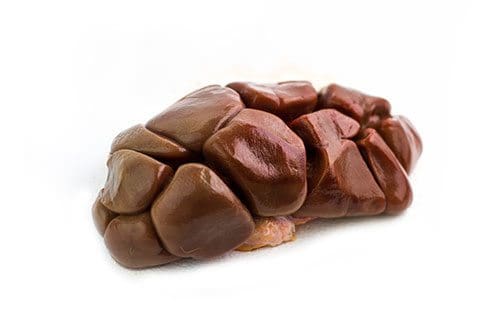Minerals are inorganic substances found within food and are found in macro (large) and micro (small) quantities. The six microminerals include iron, zinc, copper, iodine, selenium, and manganese. These minerals cannot be synthesized in quantities sufficient to support normal physiologic function and must be supplied within the diet.
The information provided below is based on a healthy pet and recommended allowances (RA) will vary on physiological state. Requirements for essential microminerals depend on growth, lactation, pregnancy, medical conditions, and nutrient interactions within the diet.
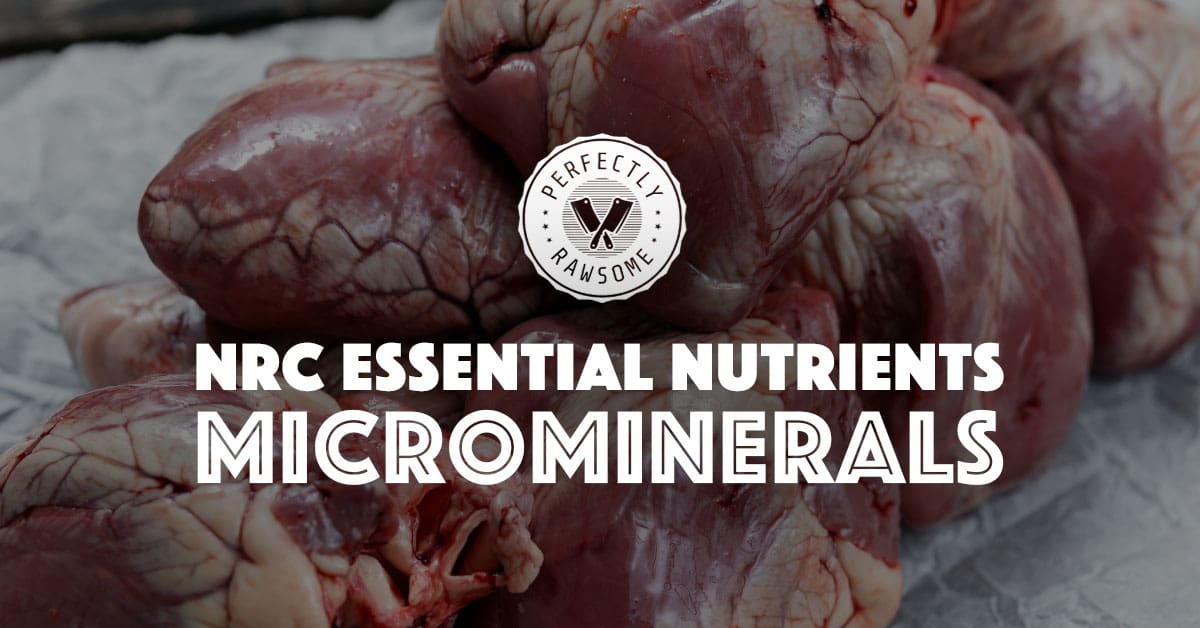
Iron
Iron is present in body tissues as hemoglobin and myoglobin. Iron is present in many enzyme and protein responses necessary for oxygen activation, oxygen transportation, and electron transportation.
The National Research Council (NRC) for dogs and cats provides minimum and recommended amounts for iron per 1000kcal:
Adult Dogs
7.5mg recommended allowance
Puppies
18mg minimum allowance
22mg recommended allowance
Adult Cats
20mg recommended allowance
Kittens
17mg minimum allowance
20mg recommended allowance
Iron is present in all raw meats and bones, but is present in higher concentrations in organ content, particularly spleen, liver, and kidney. Iron can be found in plant ingredients to a lesser extent.
Absorption rates from non-heme iron (plant-based) are influenced by the body’s present iron status, by the presence of tannins and phytates, and the excess of specific minerals.
Recommended iron requirements are easily met in a raw diet inclusive of organs. However, it is important to note the recommended allowances for puppies and cats are more than double than adult dog recommendations. The use of spleen is beneficial in diets in these instances.
Zinc
Zinc plays a major role in multiple physiologic functions such as nucleic acid metabolism, protein synthesis, carbohydrate metabolism, immunocompetence, skin and wound healing, cell replication and differentiation, growth, reproduction, and hormone production.
The National Research Council (NRC) for dogs and cats provides minimum and recommended amounts for zinc per 1000kcal:
Adult Dogs
15mg recommended allowance
Puppies
10mg minimum allowance
25mg recommended allowance
Adult Cats
18.5mg recommended allowance
Kittens
12.5mg minimum allowance
18.5mg recommended allowance
Zinc is present in raw muscle meat, particularly red meat, but is in higher concentrations in a few food sources. However, food options are limited for high zinc concentrations.
Raw diets with low amounts of red meat benefit from the inclusion of a different food source for zinc. Additionally, the recommended allowances for zinc are dependent on copper levels within the diet as they have a symbiotic relationship in aiding the body to maintain homeostasis.
Copper
Copper is found in all body tissues and its primary functions involve red blood cells production, maintaining nerve cells, and immune function. Copper also plays a role in collagen formation, iron absorption, and energy production.
The National Research Council (NRC) for dogs and cats provides recommended amounts for copper per 1000kcal:
Adult Dogs
1.5mg recommended allowance
Puppies
2.7mg recommended allowance
Adult Cats
1.2mg recommended allowance
Kittens
1.1mg minimum allowance
2.1mg recommended allowance
Liver from monogastric animals (one stomach) has significantly lower levels of copper in comparison to ruminant animals (multiple stomachs). Liver sources such as chicken, turkey, rabbit, and pork provide minimal levels of copper in comparison to livers from beef, lamb, and venison.
Iodine
The primary function of iodine is the main component of all thyroid hormones. The production of thyroid hormones plays an active role in thermoregulation, metabolism, reproduction, growth, development, circulation, and muscle function.
The National Research Council (NRC) for dogs and cats provides recommended amounts for iodine per 1000kcal:
Adult Dogs
220mcg recommended allowance
Puppies
220mcg recommended allowance
Adult Cats
450mcg recommended allowance
Kittens
450mcg recommended allowance
Iodine is found in varying amounts in all foods. The highest concentration of iodine is found in sea vegetables and algae.
Under and over supplementing iodine can negatively affect pets. It is important to note that iodine levels are often not tested in nutritional analysis, but is available in trace amounts in most foods. However, the addition of whole food for iodine is beneficial to complete the recommended allowances.
Selenium
Selenium plays a critical role in immune function. Selenium acts as a free radical and helps protect cellular and subcellular membranes from oxidative stress. Additionally, selenium spares the vitamin E by preserving pancreatic integrity by allowing normal fat digestion which supports normal vitamin E absorption, reduces the amount of vitamin E required to maintain lipid integrity, and aids in vitamin E retention in blood plasma.
The National Research Council (NRC) for dogs and cats provides minimum and recommended amounts for selenium per 1000kcal:
Adult Dogs
87.5mcg recommended allowance
Puppies
52.5mcg minimum allowance
87.5mcg recommended allowance
Adult Cats
75mcg recommended allowance
Kittens
30mcg recommended allowance
75mcg recommended allowance
Selenium is found among many food sources and is easily met in raw diets. Raw diets including liver, kidney, and eggs will provide recommended allowances for selenium.
Manganese
Manganese functions as a component in cell enzymes and can be found in the mitochondria of cells. Additionally, manganese plays a vital role in bone and cartilage development where it is necessary for joint health.
The National Research Council (NRC) for dogs and cats provides minimum and recommended amounts for manganese per 1000kcal:
Adult Dogs
1.2mg recommended allowance
Puppies
1.4mg recommended allowance
Adult Cats
1.2mg recommended allowance
Kittens
1.2 mg recommended allowance
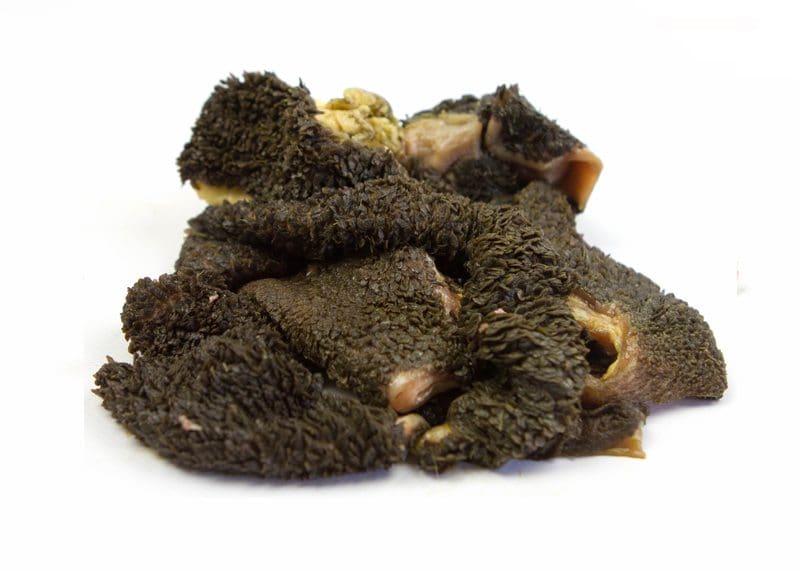
2. Green Tripe
1oz (28g): 0.37mg
Raw diets with green tripe and/or blue mussels provide sufficient amount of manganese. Increasing manganese amounts proves beneficial for pets who suffer from joint injuries and osteoarthritis.
CLOSING COMMENTS
Overall, raw diets supply sufficient amounts of microminerals needed to support optimal canine health with exception to a couple of minerals. Iodine and manganese are two microminerals that can be deficient in home-prepared raw diets if the appropriate foods are not fed.
Raw diets without kelp will be severely deficient in iodine. If kelp or kelp powder is not fed, an iodine supplement is necessary to supply essential iodine.
In addition to iodine, raw diets can be lacking in manganese if blue mussels and green tripe. However, a raw diet following BARF guidelines will provide these essential nutrients through whole foods.
